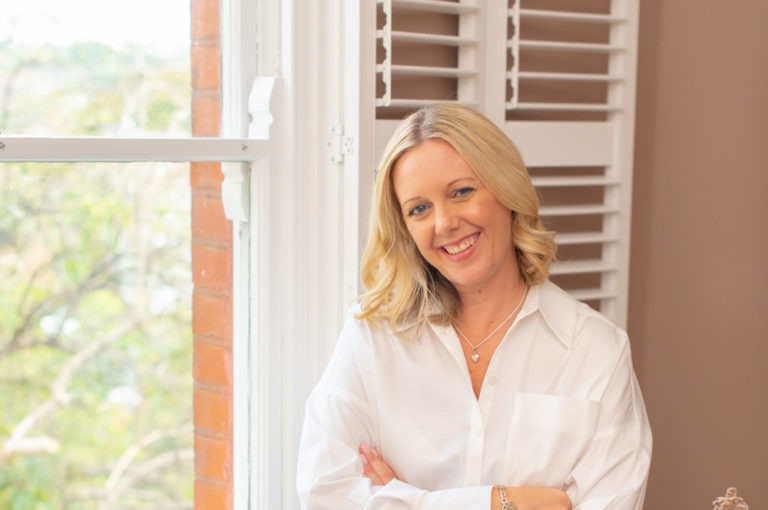Money Rules: Have a fun fund
Money Talk is intended to inform and educate; it's not financial advice. Affiliate links, including from Amazon, are used to help fund the site. If you make a purchase via a link marked with an *, Money Talk might receive a commission at no cost to you. Find out more here.
This is the first in a new limited series called Money Rules.
In it, I’m asking different money bloggers and experts for the number one money rule that helps them manage their money in some way.
It can range from cutting spending and saving money to investing and more.
And because we’ll be hearing from different voices, some posts may be longer or shorter than others.
I’m going to kick off the series with my number one rule: Have a fun fund.
When did you start this rule and why?
I introduced this rule when I bought my flat in 2016.
As I bought my flat on a shared ownership, I was painfully aware of the fact that I’d be paying rent on the portion I don’t own until I have enough money saved – or can get a mortgage – to staircase my share to 100%.
The thing with shared ownership is that your rent goes up every year. In my case, it increased by a set percentage plus the rate of inflation.
When inflation is low, it’s not a big deal. But when inflation shoots up, as it has done in recent months, the increase in rent can be staggeringly high.
I didn’t want to get to the point where my rent became so high that it would no longer be feasible for me to ever increase the share of the flat I owned, so I decided that I would aggressively save until I could staircase to 100%.
The thing is, being extremely frugal really takes a toll on your social life and in turn your mental health – something I experienced in the past when I suddenly lost a regular paying gig.
So rather than sucking all the fun out of life, I decided to give myself £100 a month to do fun stuff with. My fun fund.
Why is this your number one money rule?
I have a few money rules actually but I’d say this one has had the most positive impact on my life.
It meant I could still see friends and have fun – even have the occasional splurge – without losing sight of my ultimate goal.
How does the rule work in practice?
When I started doing it, it was pretty informal.
I worked out roughly how much I had spent on fun stuff before I agreed to do something with friends, and would suggest postponing until the following month or doing something cheaper instead if I’m already over budget.
But having all of these numbers in my head meant that I wasn’t doing as much with my fun fund as I could be because I was so worried about going over budget all the time.
So I moved to a spreadsheet. This way, I could track exactly how much I’ve spent each month.
If I had money leftover I could use it in the following month. And if I’ve overspent, I can borrow from next month’s budget.
It means I can have the occasional splurge without worrying too much about whether or not I could afford it.
How has it helped you manage your money?
Knowing I have this pot to spend takes the stress out of things – I can say yes to stuff without worrying about deviating from my savings goals.
Plus, I don’t feel like I’ve stopped living just because I’m being frugal.
Having a £100 limit also helps me prioritise what I want to spend it on.
For example, I love going to great restaurants and £100 is a pretty decent amount, even in London. And for something special, saving up over a couple of months isn’t too taxing.
I also loathe wasting that money on drinks, because I don’t get as much joy out of it, so I drink less on nights out.
Are there any downsides?
You have to be pretty disciplined, which in general I am. And there’s the extra admin of doing the spreadsheet, which I sometimes forget.
But other than that I think it’s a pretty manageable and easy to follow rule.
And you can adjust the amount you allocate to your fun fund according to what’s happening in your life.
Do you have any other hints and tips?
I don’t try to predetermine how I use the fun fund – it’s designed to be flexible.
So for example, I’m not thinking “oh I have £25 to spend a week”, because I might go out twice in one week and then not at all in other weeks.
But I think it’s helpful to let your friends know you have a set budget, especially if they make a lot more money and have different financial goals.
Pin this for later








